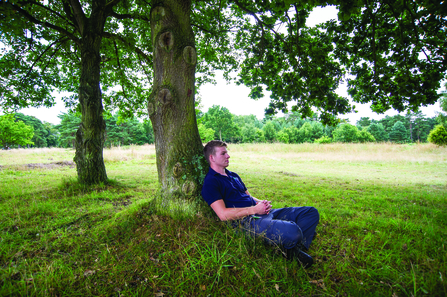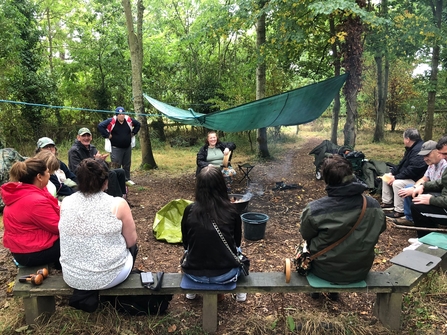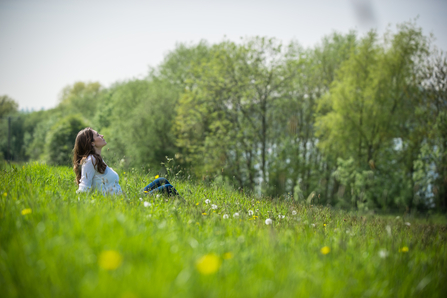Nature-based health and wellbeing programmes could save the NHS hundreds of millions of pounds each year and reduce reliance on the health service, according to a new study by The Wildlife Trusts.
The report, A Natural Health Service: Improving Live sand Saving Money, found that 'green prescribing' could save more in healthcare costs than the price of running such a scheme.
Green prescribing aims to harness the health, wellbeing and social benefits of spending time in nature. It enables GPs and other health care practitioners to refer people to nature-based programmes to improve physical and mental health.



